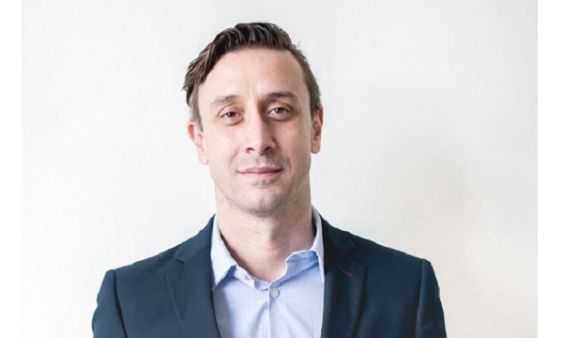
Learn how this CEO is rethinking microcredit
Stefano Virgilli talks about Pocket Money’s role in plugging the funding gap for borrowers who failed to get access to the formal financial system.
Pocket Money’s CEO, Stefano Virgilli, is a specialist in communication and innovation. With 20 years of experience as a public speaker and consultant, he focuses on empowering progressive business leaders to maximise their performance and potential of their teams through speaking, mentoring and consulting.
As a serial entrepreneur, he has operated multiple businesses from diverse industries in Europe, Southeast Asia, Middle East and Africa, where he played a critical role in leading small and medium companies to achieve their next stage of growth.
Virgilli is a regular speaker for TEDx and a keynote speaker at over 70 conferences. He is also a certified Adobe trainer with 80 certifications and more than 14,000 participants trained.
Asian Banking & Finance reached out to Stefano to discuss his previous experience in the financial services industry and what it means to empower differently banked communities through his company, Pocket Money.
What were your previous experience and positions that contributed to who you are as a banker/expert today?
My background is accounting, by training, but I didn't join finance until much later in my career. A particularly insightful experience in finance (or pseudo-finance if I may), was the journey through cryptocurrencies, which I started roughly 2 and a half years ago. For nearly 18 months I was invited as a keynote speaker all over the world, to share my point of view on the democratisation or access to an independent global para-banking system. My views have changed ever since, of course, and that is why now I have changed aim and proposed Pocket Money as a way to not only provide access to credit, but also offering a means to repay microloans for unbanked and underbanked humans on this planet.
What would you say are the best practices and digital strategies deployed by region's digitally dominant banks? Where does open banking fit in this agenda and how should banks capture the opportunities from this growing ecosystem?
Banks are old-minded for some good reasons. The system has worked for centuries and some little tech noise of the past few years should not shake the foundation of such a solid system. Blockchain for instance has been going around for over 10 years promising to change the world, but counting now a negligible amount of users and a handful of really genuine use cases (as in, not paying users to join the ecosystem). Banks are fine. Their solidity will support them for decades to come, but perhaps changing optimisation strategy is the way to go. Mega bonuses will probably slow down, cost efficiency will be tighter (it has already begun) and perhaps all the fintech incubators initiated by banks recently might lead to some interesting consolidation, hopefully in Singapore.
Can you give us a glimpse of what you will share at the ABF Digital & Open Banking Conference 2019?
I will be presenting the Pocket Money journey. I find it fascinating. We looked at the microcredit industry and worked at solving the problem. But every time we patched an issue, a new problem would have emerged. Until it became so clear that we were not asking ourselves the most important question: Why?
We realised that the How? approach does not fix any problem, but patches them. We came up with what we think is the most innovative solution in offering access to credit to anyone on earth, while helping them to repay in case of difficulties. We call this “empowering differently banked communities.”
The ABF Digital & Open Banking Conference 2019 will take place on 22 October in Singapore. To learn more about the event, click here. To register, click here. For inquiries, you may contact Andrea at [email protected] or at +65 3158 1386 ext 212






















 Advertise
Advertise








